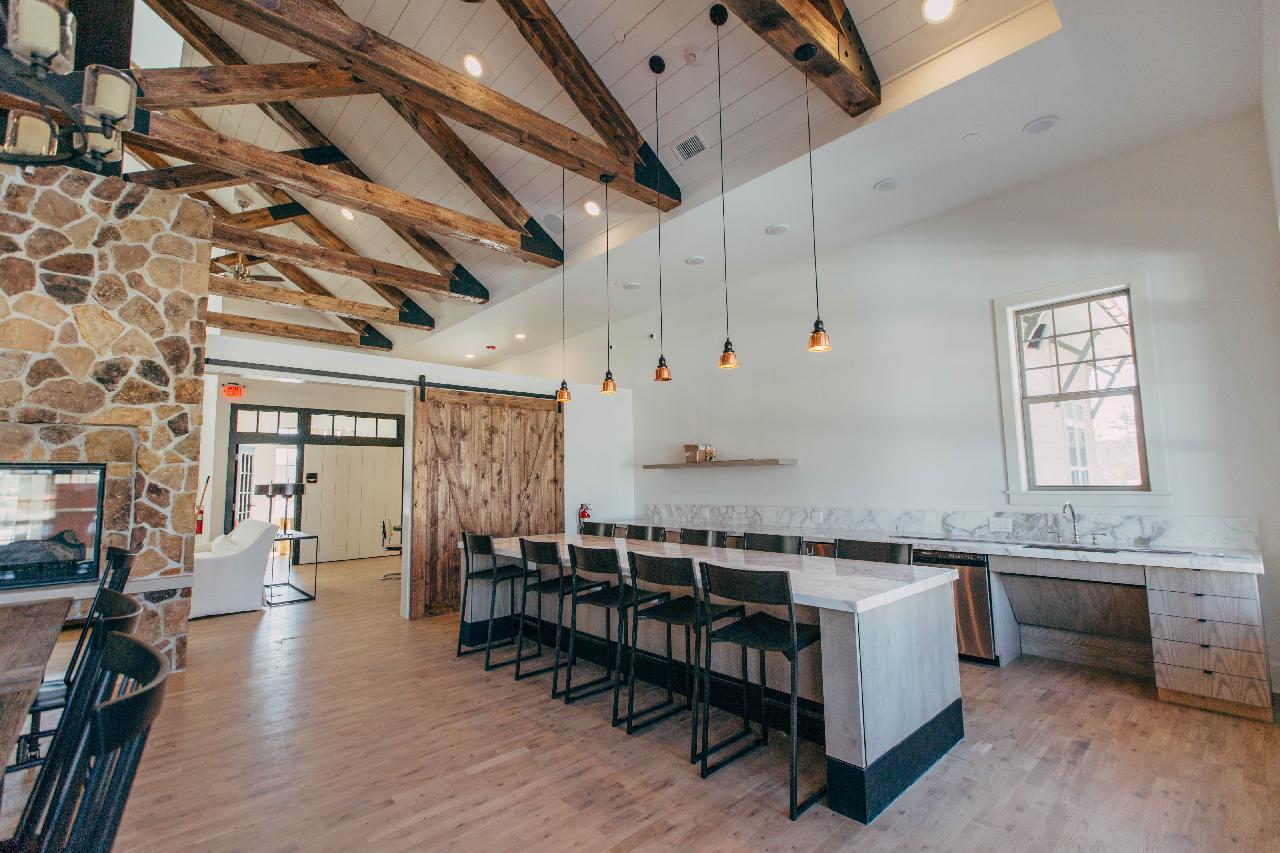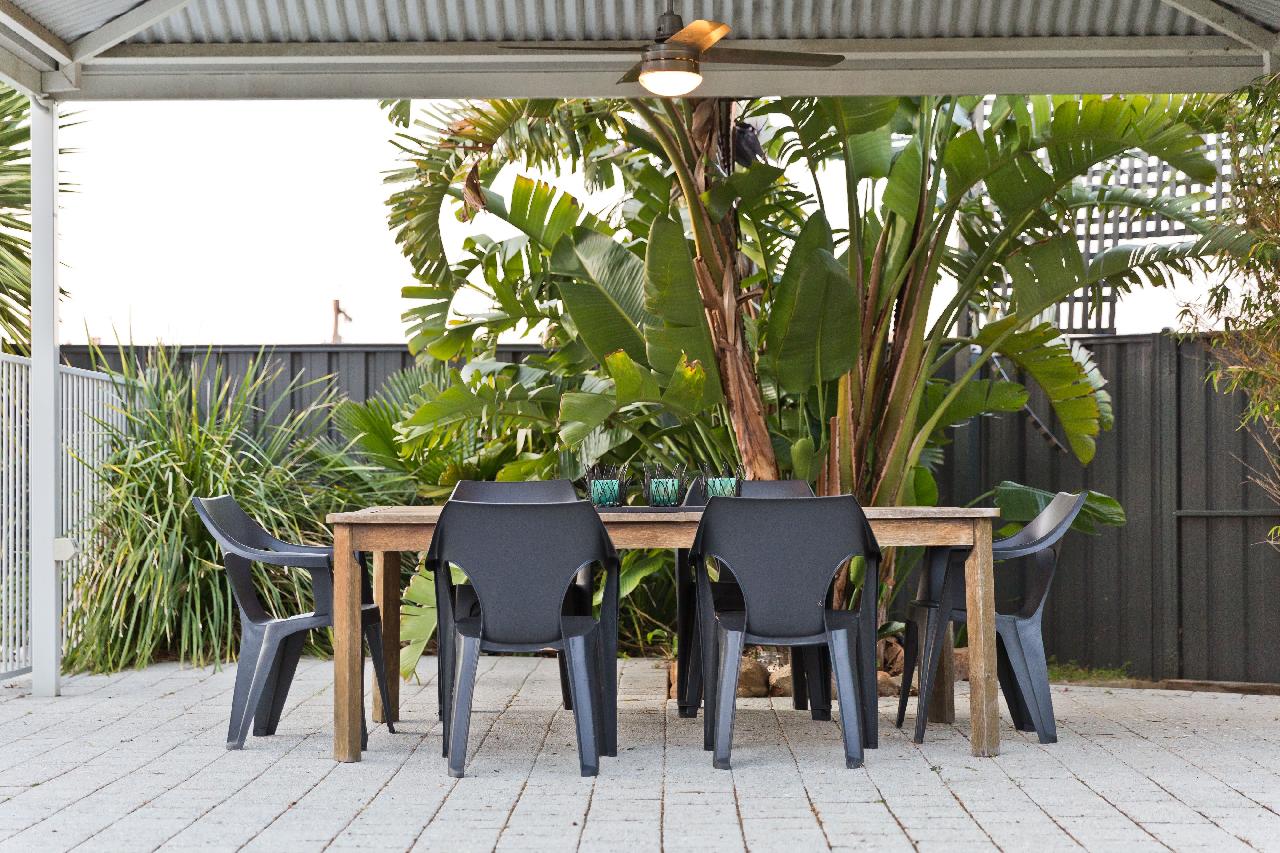Ah, winter! The season when snowflakes gently kiss the ground, hot cocoa warms our hands, and, of course, when the dreaded chill creeps into our homes. But as charming as winter can be, it also brings a common and potentially disastrous problem: frozen pipes. Don’t let your pipes freeze this winter! With the right tactics, you can keep your plumbing snug as a bug in a rug.
Now, before you go wrapping your pipes in layers of socks and old quilts (not the best aesthetic, trust us), we’ve got a secret insulation trick straight from the playbook of savvy homeowners. This foolproof method is practical, affordable, and can save your precious plumbing from turning into a giant popsicle. Ready to learn more? Let’s dive in!
The Lowdown on Frozen Pipes
Fun fact: According to the American Red Cross, pipes freeze when the temperature drops to 20°F (-6°C) or lower! And if you think your pipes are immune because they’re indoors, think again! Those sneaky little water conduits can freeze in unheated areas like basements and attics. In fact, around 250,000 households in the U.S. experience water damage from frozen pipes each winter, costing an average of $5,000 in damage.
The Secret Sauce: Insulation
So, what’s this magical trick everyone’s raving about? Drumroll, please! It’s pipe insulation! Homeowners swear by using foam insulation sleeves, which are both affordable and incredibly effective.
| Type of Insulation | Cost per Foot | R-Value | Best For |
|---|---|---|---|
| Foam Pipe Insulation | $0.50 – $1.00 | 3 | Copper, PVC pipes |
| Rubber Pipe Insulation | $1.00 – $2.00 | 4 | Pipes in extreme climates |
| Heat Tape | $2.00 – $4.00 | – | Areas prone to freezing |
The Benefits of Insulating Your Pipes
Insulating your pipes brings several benefits:
-
- Prevents Freezing: Keeps your pipes above that dreaded 20°F mark.
-
- Energy Efficiency: Helps in maintaining hot water temperatures, reducing energy bills.
-
- Reduces Noise: Soundproofing your pipes means fewer clanks and clinks in the night.
-
- Easy to Install: Confident DIYers can handle it in just minutes!
How to Get Started with Your Pipe Insulation
Now that we’ve got the basics down, let’s walk you through how to insulate your pipes like a pro:
Materials Needed
-
- Pipe Insulation Tubes: Available in most home improvement stores.
- Utility Knife: For cutting the tubes to size.
- Duct Tape or Adhesive: For securing the seams.
Step-by-Step Process
-
- Measure the Pipes: Find out which pipes need insulation and measure their length.
- Cut the Insulation: Use your utility knife to cut the insulation tubes to the necessary lengths.
- Apply the Insulation: Snap the foam tubes over your pipes.
- Secure with Tape: Use duct tape to seal any seams or joints.
Conclusion: Embrace Your Inner DIY Hero!
Now that you are equipped with this secret insulation trick, go forth and make your home a winter haven! Your pipes will thank you, and you’ll never have to face the dreaded frozen pipe fiasco again. Imagine sipping hot cocoa while curled up in front of the fireplace, knowing that your plumbing is safe and sound.
Oh, and if you have friends in similar predicaments, share this knowledge! You’ll be the pipe-saving superhero of the neighborhood, and who doesn’t want to have that title? Happy insulating!
FAQs
| Question | Answer |
|---|---|
| When should I insulate my pipes? | Insulate before the cold weather hits, ideally in early fall to prevent freezing. |
| Can I insulate Jacuzzi pipes? | Yes, ensure you use insulation suitable for high-temperature pipes. |
| What if my pipes freeze? | If your pipes freeze, turn on the faucet and apply heat gently (e.g. hairdryer) to thaw them. |
Stay warm this winter, people! Be proactive and keep those pipes snug. Who said home maintenance couldn’t be fun?
Discover more from Futurist Architecture
Subscribe to get the latest posts sent to your email.



